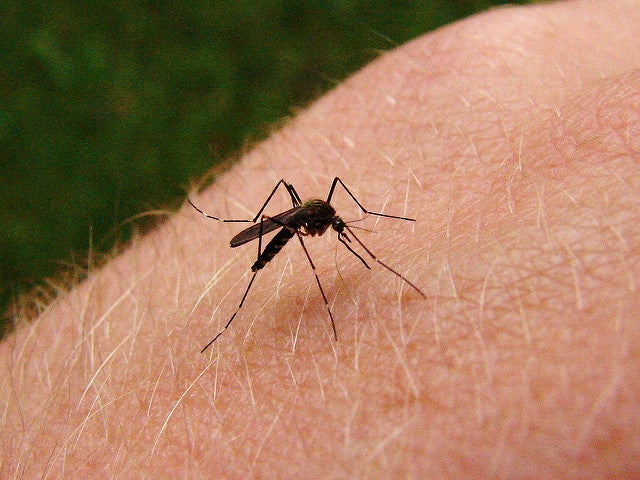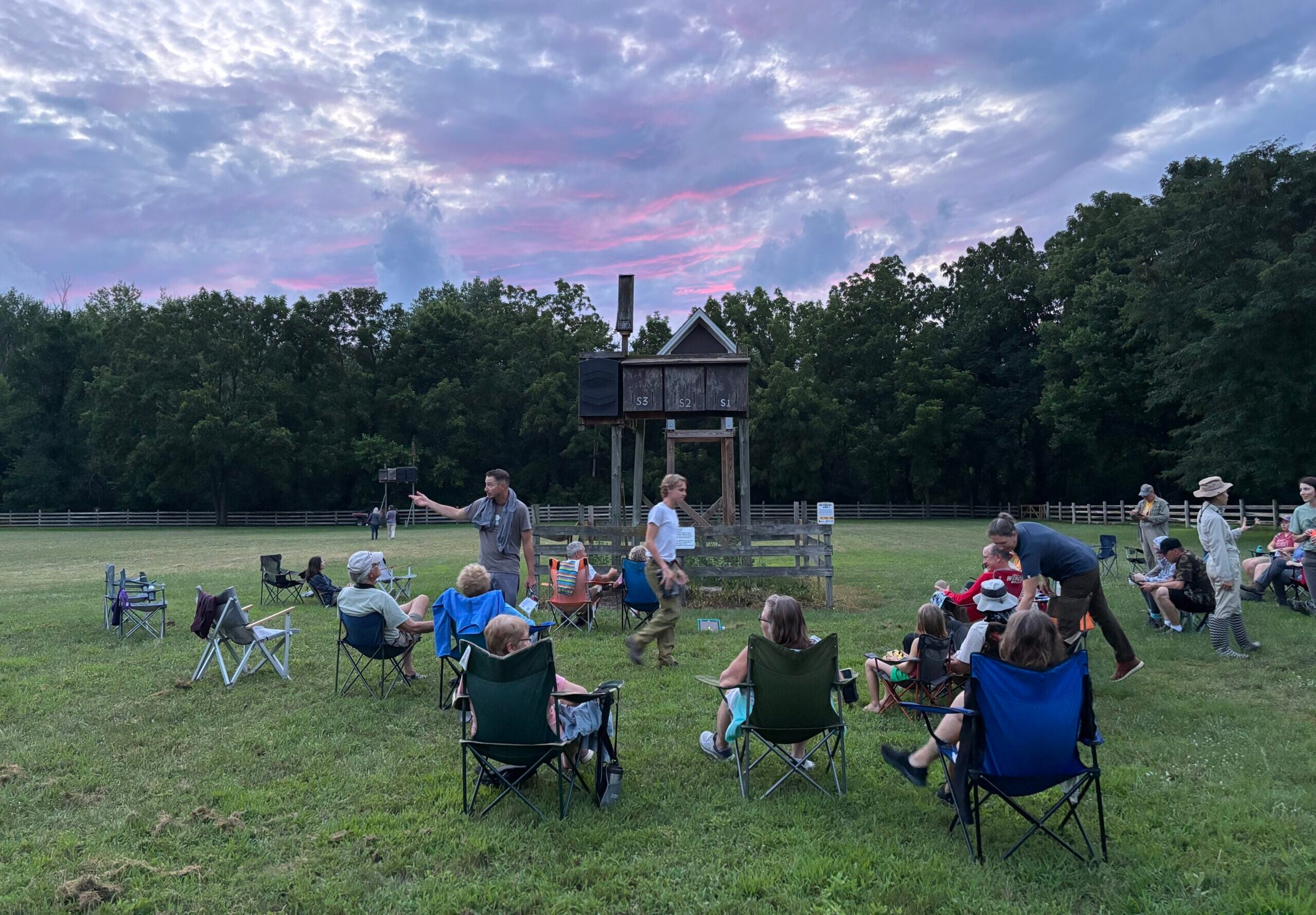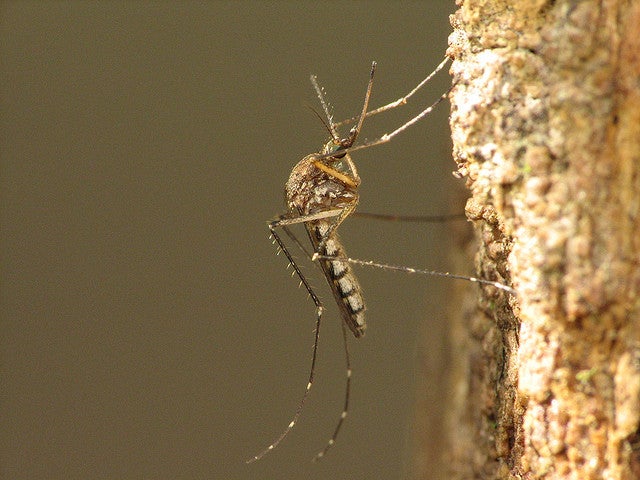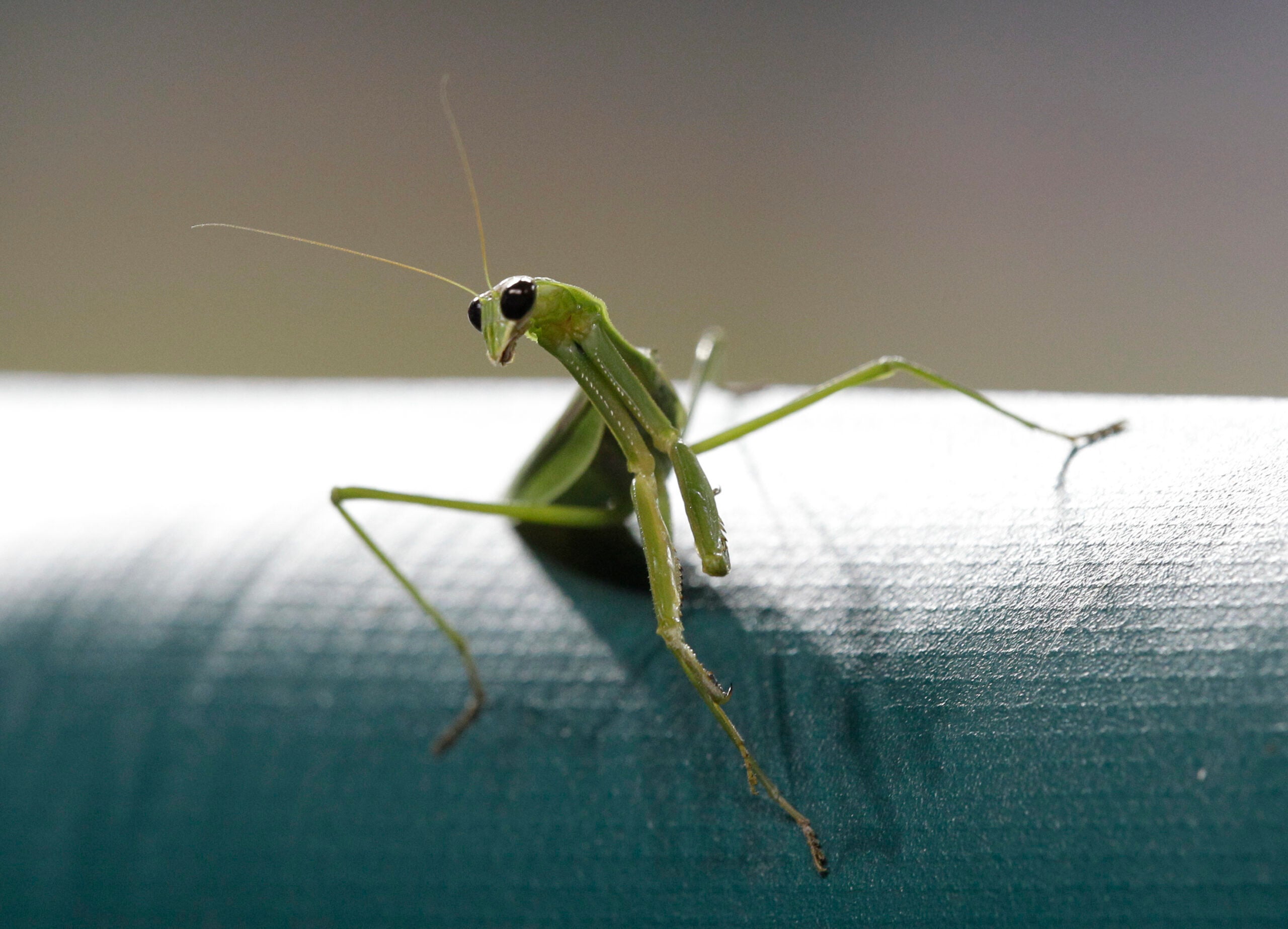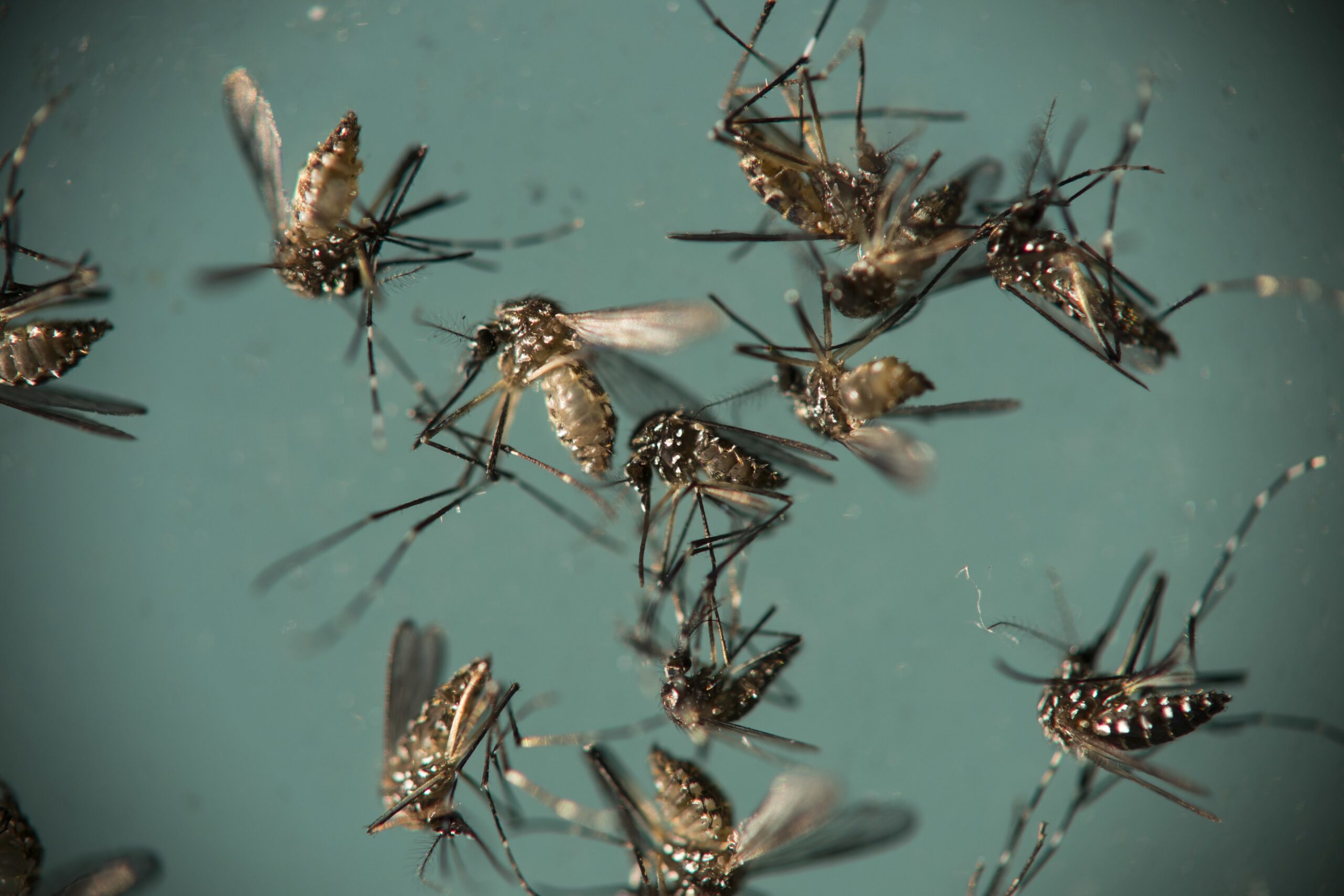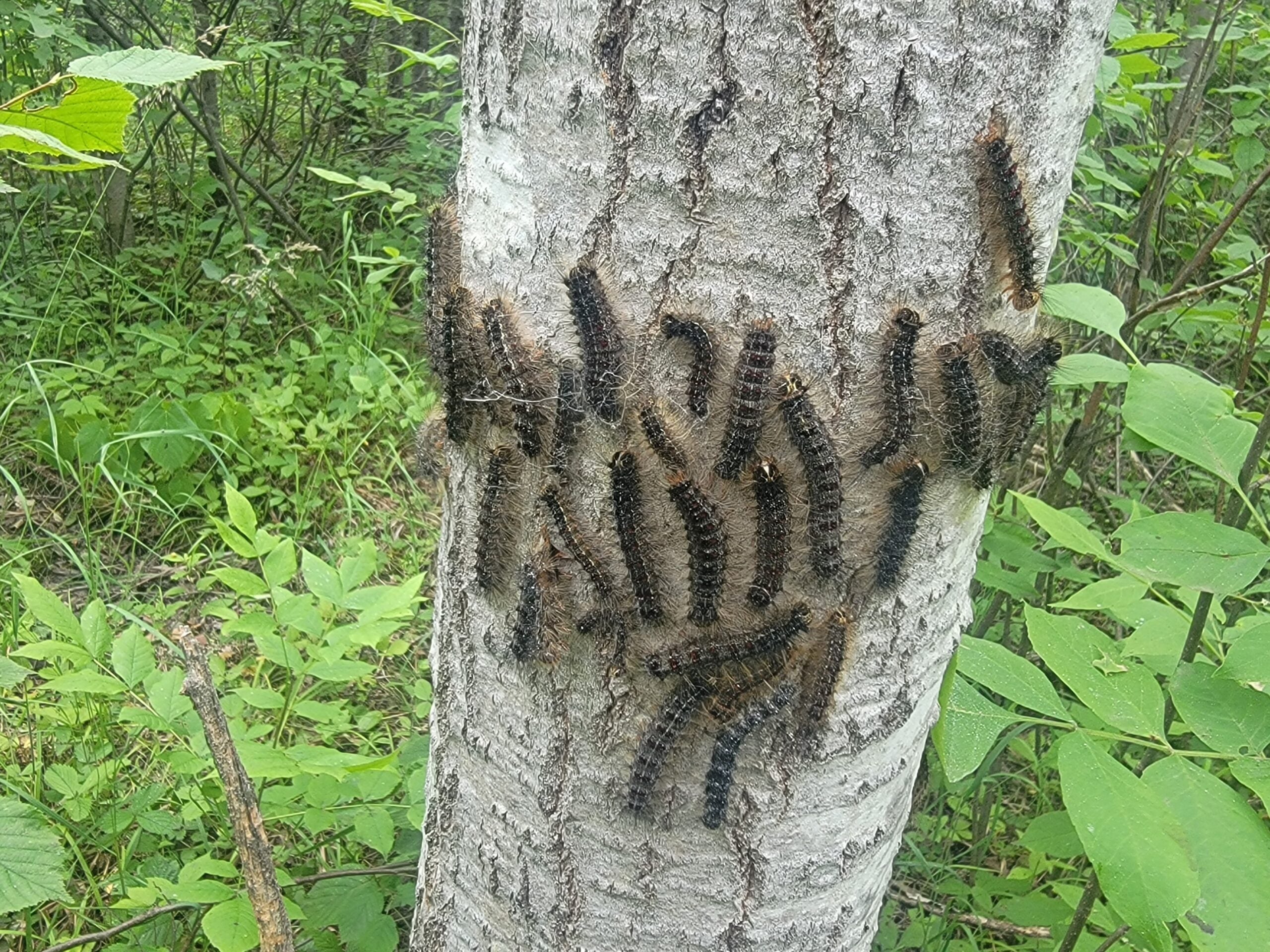This is a particularly bad summer for mosquitoes in Wisconsin, because many of the insects survived over the winter.
The mosquitoes were helped by relatively mild temperatures and significant snow cover, according to Jamee Hubbard, an associate professor of biology at the University of Wisconsin-Stevens Point
“Mosquitoes will spend wintertime alive,” Hubbard said. “There are some species that spend the winter as larvae in the water. Some of them spend the winter as eggs, and some of them spend the winter as adults, maybe under leaf litter or under bark. When you get a lot of snow cover it does a good job of insulating, allowing those mosquitoes to be able to survive.”
News with a little more humanity
WPR’s “Wisconsin Today” newsletter keeps you connected to the state you love without feeling overwhelmed. No paywall. No agenda. No corporate filter.
When the snow melted, it created a perfect habitat. Then, the weather turned hot and rainy.
“We had a lot of snow melt in the spring, and this created lots of pools of water that hung around for quite a bit of time,” Hubbard said. “We had an immediate warm-up, and when it’s warm out the mosquitoes will start to reproduce faster, their life cycle goes faster, and you get more of them.”
Hubbard said in late summer there could be an uptick in mosquito borne illnesses like West Nile virus, Jamestown Canyon virus and Eastern equine encephalitis.
She urged Wisconsin residents to take precautions.
“The best way to protect yourself is to either stay indoors or wear long sleeves and pants while you’re out,” Hubbard said. “If you go outside, make sure that you wear an insect repellent, particularly one that has DEET in it. If you want to use a natural insect repellent, make sure that you are applying that more often, because it’s going to wear out faster.”
Wisconsin Public Radio, © Copyright 2025, Board of Regents of the University of Wisconsin System and Wisconsin Educational Communications Board.

